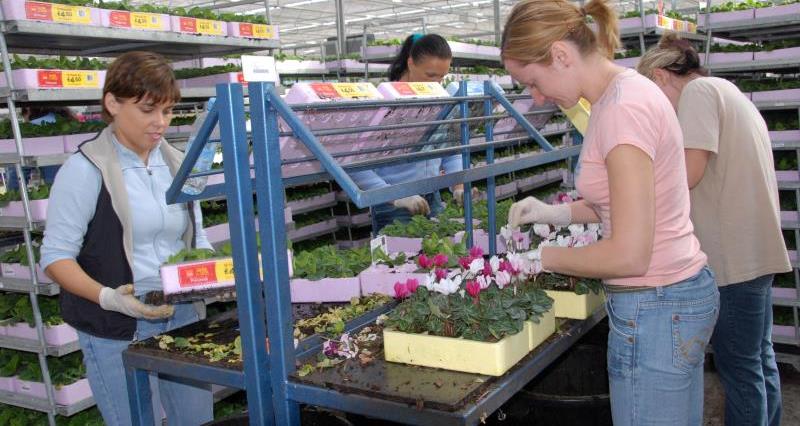In a meeting yesterday, NFU horticulture board chairman Ali Capper said to Robert Goodwill, Minister of State for Immigration, that this trial is essential in mitigating the shortfall in EU workers available to work on British farms.
After the meeting Mrs Capper said: “The industry has very specific needs for labour in agriculture and horticulture and the NFU is already in discussions with government on this. Horticulture alone needs around 80,000 seasonal workers to pick and pack fruit, vegetable and plant crops across the country. This is expected to rise to 95,000 by 2021 based on today’s growth projections.
“Our message to the Home Office was simple: without workers to produce iconic British crops the industry will contract and imports will increase. This goes against everything public tell us about wanting to support British farmers and wanting to see more British food on supermarket shelves.
“We’re already experiencing a shortfall in EU workers resulting from long-term declines and exacerbated by the referendum outcome. We urgently need a substantial trial of a Seasonal Agricultural Permit Scheme for non-EU workers in 2017.
“We are satisfied that the Home Office has a full understanding of how important access to a competent, flexible and reliable workforce is for food production. However, without basic assurances from government that this labour will be accessible in future, grower businesses face huge uncertainty and are delaying investment in British production.”
NFU Deputy President, Minette Batters, who was also at the meeting, said: “Sourcing labour isn’t a problem limited to the fruit and vegetable sector. There is a need for a flexible workforce across food and farming - an industry that is worth £108 billion to the nation’s economy. Workers from across the skill spectrum are needed throughout the sector; in livestock and poultry businesses to process and pack meat, cereals farmers need workers to rogue crops and to drive complex machinery, dairy farmers need farm workers that have high levels of animal husbandry.”
